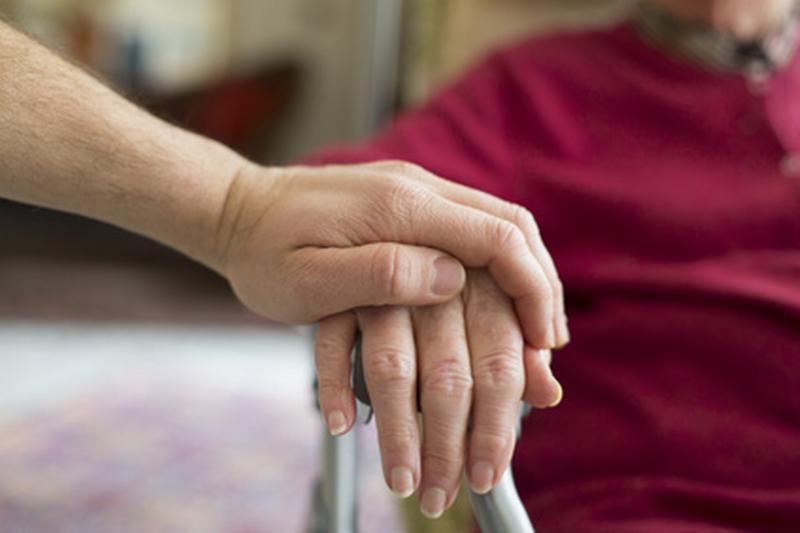This page has been automatically translated. Please refer to the page in French if needed.
Getting old
39 77: the national platform for reporting abuse of vulnerable persons
Publié le 13 avril 2024 - Directorate for Legal and Administrative Information (Prime Minister)
Call, written form, e-mail, video interpretation... so many ways to contact the listeners. Victim, family member or caregiver, you can report cases of neglect, violence or abuse of an elderly or disabled person on 39 77.

The 39 77 is a free national number accessible throughout France. These teams accompany people who are looking for information or support, free of charge, to national and local level.
Who can contact 39 77?
In case of doubt or proven situations, you can contact 39 77 if you are:
- a vulnerable elderly or disabled person who is a victim of abuse;
- a witness, a relative, a caregiver of a vulnerable person;
- a professional witness to a situation of abuse against a vulnerable person.
In order to guarantee your anonymity, you can use a nickname or ask not to be called back.
How do I contact 39 77?
39 77 can be reached by telephone, for free, Monday to Friday, from 9 am to 7 pm and Saturday and Sunday, from 9 am to 1 pm and then from 2 pm to 7 pm.
One contact form, an e-mail address and a mailing address also allow you to contact 39 77 in writing, and to be contacted again if you wish.
Deaf and hard of hearing people can reach 39 77 from a computer by going to the website of 39 77. A call with a listener can be offered with, at your choice:
- instantaneous speech transcription (TIP);
- Video interpretation in French Sign Language (LSF);
- video coding in French spoken language Completed (LfPC).
As soon as the information relating to the treatment of the situation is collected, 39 77 establishes the link with the departmental service concerned which can help you in your steps and contact you again, if you wish.
What signs need your attention?
39 77 a non-exhaustive list of some examples disorders that need to get your attention in vulnerable people.
A situation should alert you to:
- signs of physical abuse (weight loss, lack of hygiene, unexplained injuries, etc.);
- signs of psychological abuse (unusual fear behavior, dark thoughts, feelings of abandonment, etc.);
- signs of financial abuse (unusual withdrawals, loss of valuables, unusual difficulty in paying ordinary expenses, etc.);
- signs of drug abuse (excessive waiting, aids and care inappropriate to the person's condition, etc.);
- signs of neglect (de-identified relationships, carelessness, etc.);
- signs of interference with freedom (failure to respect the choices expressed, restrictions on movement, visits, etc.).
Additional topics
Service-Public.fr
Service-Public.fr
Service-Public.fr
Service-Public.fr
Agenda
Apprentissage
Jusqu'au 17 mai 2024
Publié le 03 mai 2024
Déplacements
À partir du 1 mai 2024
Publié le 26 avril 2024
Impôts
À partir du 11 avr. 2024
Publié le 11 avril 2024

